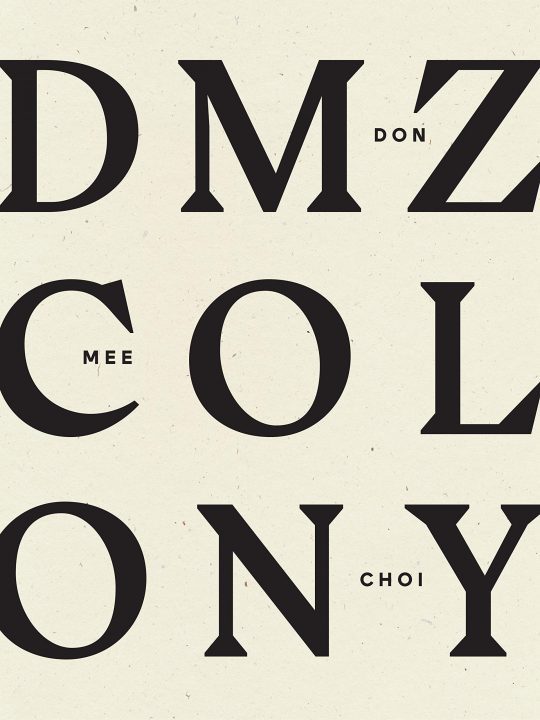
The Scribbles, the Rubbish, and the Mirrored Words
April 5, 2022
This essay is part of a series in which Seattle Arts & Lectures partners with Poetry Northwest to present reflections on visiting writers from SAL’s 2021/22 Season. On Thursday, April 7, Don Mee Choi will read and discuss her work with Stefania Heim at Hugo House, and the event will also be streamed live. Tickets are available through April 14 at 7:30 p.m. (PT)—get your tickets here!
By Woogee Bae
I am preoccupied with difficulty. What does it mean to trouble, displease, question complicity? How hard is it to perform labor, live with our bodies, heal trauma, write poems, this essay? In my preoccupation, I acknowledge language’s limitations, my own linguistic failures. Perhaps “difficulty” is too soft a word to capture the world as it is: horrific, cruel, unjust, imperial. But I begin with it for several reasons.
The difficulty of addressing and articulating the daily atrocity of war, the conditions that enable wealth disparity, redlining, police brutality, incarceration, displacement of peoples abroad and locally—is there language for it? What does it mean to seek reason for it?
The difficulty for poetry to honestly and caringly hold the vastness of my—and perhaps your—love for people, the land, this life. Dreams for an otherwise, we try.
And here, the difficulty of writing about a poet whose work I not only admire, but who, for me and many others, expands the possibilities of language, eradicates the boundaries of legibility, allows me to question who gets to be read and by whom? Who do we attempt to understand?
In the face of atrocity, I wonder what we can learn from difficulty. I wonder how it can reveal history’s erasures that create present injustices, move us toward an elsewhere, or an offering of it.